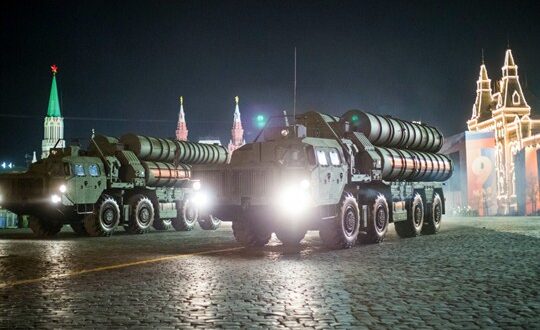As NATO has focused its attention on Russia’s offensive military capabilities in Eastern Europe, an equally significant and, in practice, more problematic issue has been largely ignored: Russia’s preponderance of “anti-access, area-denial” capabilities in the borderlands between the Baltic and Black Seas. Is NATO focusing on the wrong Russian threat in Eastern Europe?
This week, U.S. National Security Adviser John Bolton was in Moscow, where he met with Russian President Vladimir Putin to discuss, among other things, the U.S. withdrawal from the Intermediate-Range Nuclear Forces Treaty. Announced by President Donald Trump last weekend, the move comes after repeated Russian violations of the treaty’s ban on developing and testing land-based intermediate-range ballistic and cruise missiles.
 Eurasia Press & News
Eurasia Press & News



